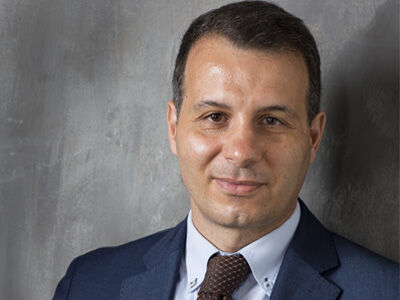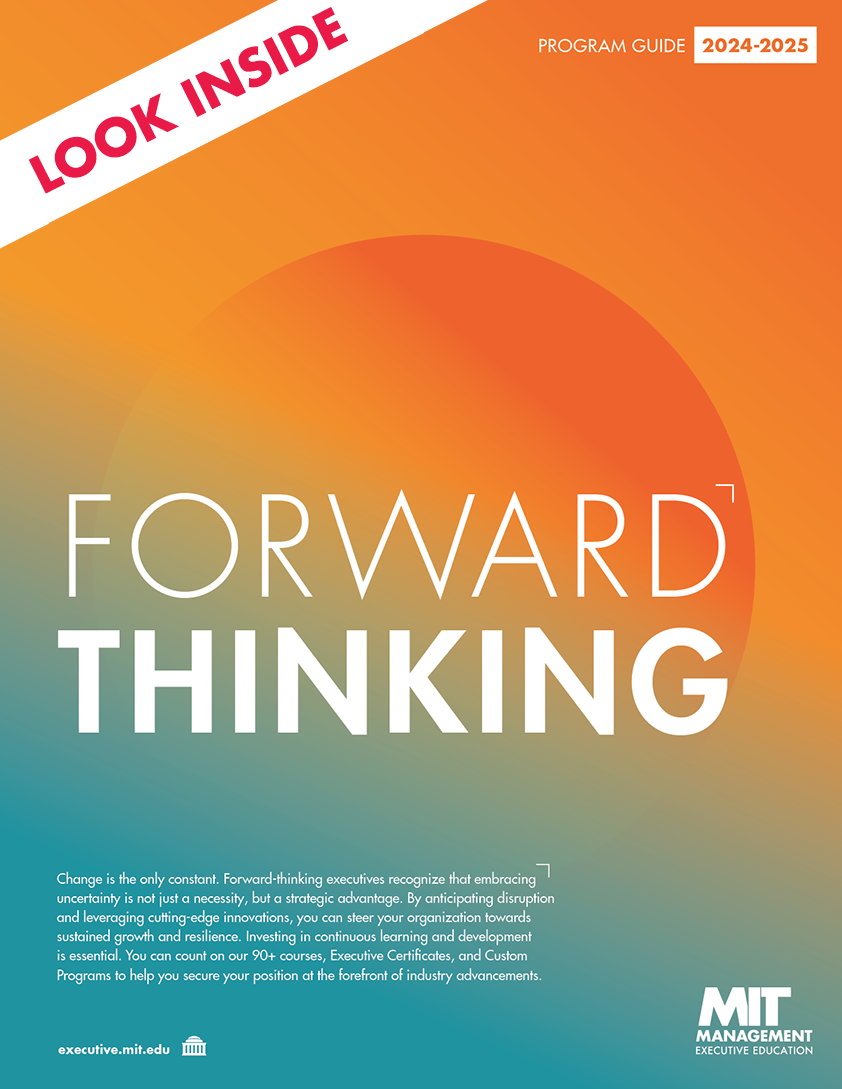In the competitive context of the Italian packaging industry, there is a significant evolution in business dynamics, often driven by generational comparisons and increasingly competitive market trends. In this setting, I firmly believe that kindness, empathy, and ethical practice are not just compatible with profitability, but are an essential component of it. My academic journey at MIT Sloan Executive Education, where I earned an Executive Certificate in Strategy and Innovation, equipped me with sophisticated skills and an enriched understanding of innovation and its methodologies.
My study experience at MIT has been wonderful, and two courses in particular stand out: Mastering Design Thinking and Understanding Global Markets: Macroeconomics for Executives. Mastering Design Thinking provided me with an effective approach to project development. It's a human-centered design process that addresses problem-solving by focusing on user needs and includes concept development, applied creativity, prototyping, and experimentation. In the course on global markets, I learned to analyze tools to understand and predict economic performance in the medium and long term. This knowledge assists in risk mitigation, the development of growth strategies, and making investment decisions in business and development projects.
This training was pivotal, allowing me to forge vital tools for creating new organizational models and procedures. Thanks to this, I also had the privilege of being mentioned by Forbes Italy as one of the TOP 100 CMOs in Italy, and by Capital magazine as one of the top 150 Italian managers under 44 years of age.
"The real thrill [of education] lies in the constant application of my skills, an adventure continuously shaped by my years of study at MIT Sloan Executive Education."

One significant insight from my studies overall is the importance of a bifocal approach to innovation: strategizing for both the medium and the long term with a pronounced focus on digitalization. Current research projects the United States, China, and Japan as leaders in science and technology through 2030, leaving Europe slightly behind despite its robust economies. This highlights an urgent call to action: to not only sustain but also quicken the pace of digitalization in our businesses. I have written at length on the digitalization setbacks faced by Europe and Italy. In Meteore (Italian), I offer an analysis of the journey as these regions strive to match the rapid pace of digital progress.
However, innovation transcends the mere adoption of new technological tools. It's equally about refining the fabric of interpersonal relationships within an organization. In my role at G. Mondini S.p.A., I have taken this to heart by expanding my focus beyond mapping core processes, flow charts, and value stream maps. I focus on relationships and human value, convinced that the engagement and involvement of people in creating a team are crucial for success. Evidence from social psychology suggests that leaders who foster positive, kind employee relations achieve superior outcomes (see this Harvard Business Review article). I believe that the power of personal connections underpins true success, going far beyond simple "technique."
I view education not as a destination reached with the completion of a degree, but as a launching pad for real-world application. The real thrill lies in the constant application of my skills, an adventure continuously shaped by my years of study at MIT Sloan Executive Education. It's this relentless pursuit of innovation that can inspire renewed confidence in people and strengthen the team.








